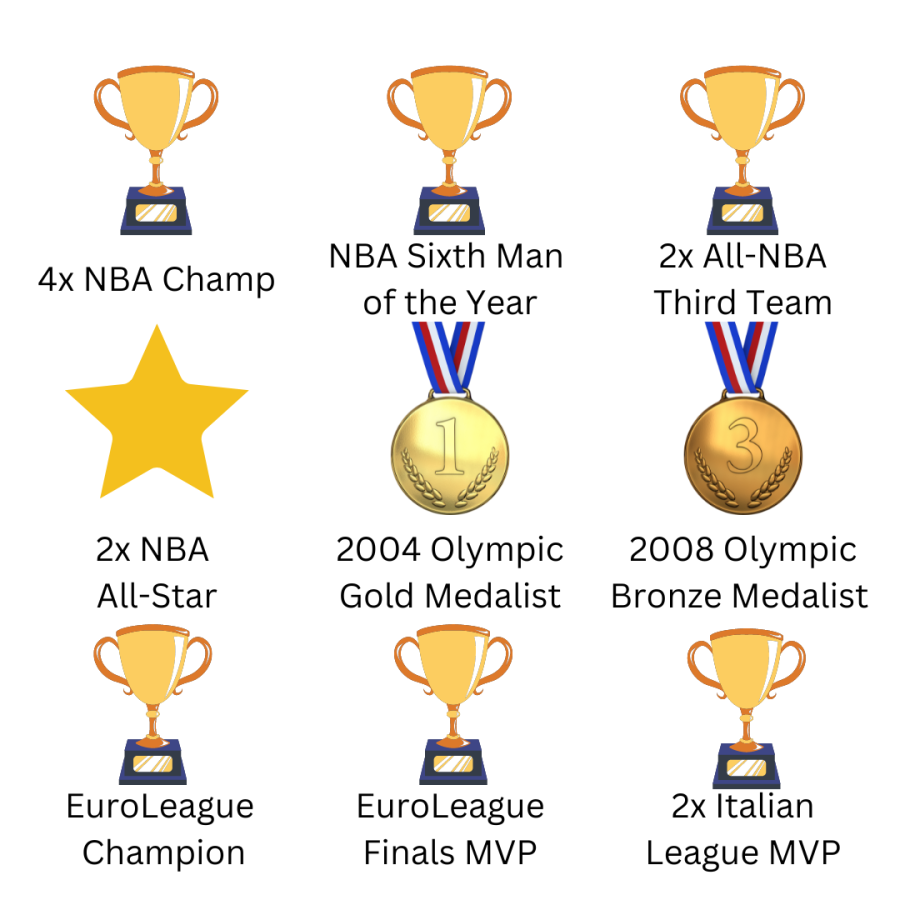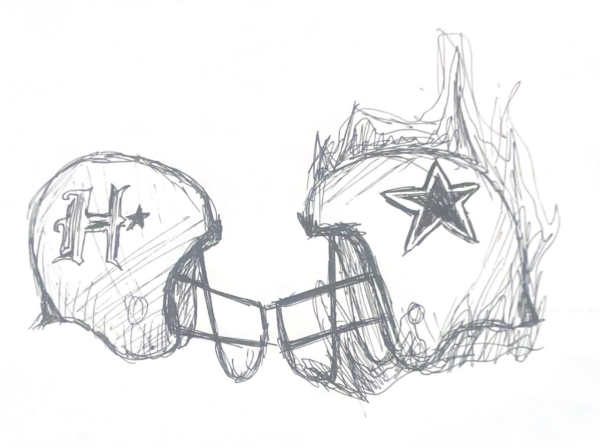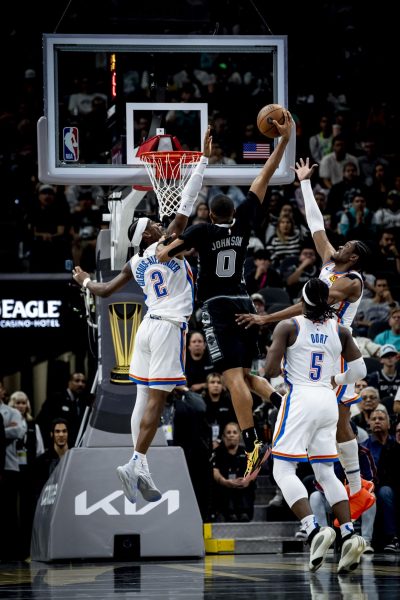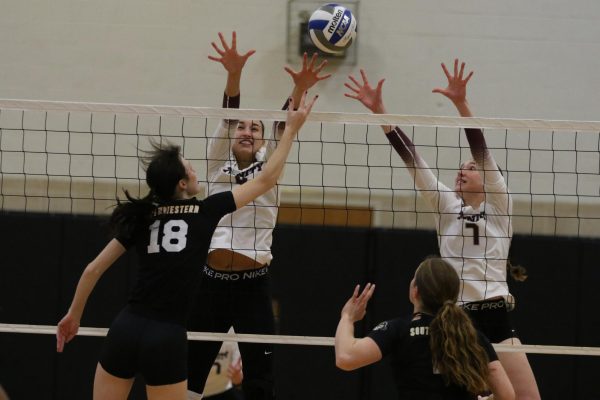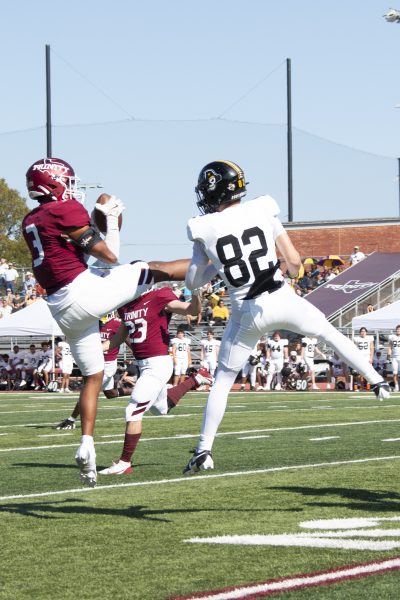Manu Ginóbili’s hall of fame induction is no fraud
A look at the international career that bolsters an already impressive resume
The world was introduced to Emanual Ginóbili on June 30, 1999, as then-NBA deputy commissioner Rod Thorn over-enunciated the Argentine’s last name while announcing the 57th overall pick in the second round of that year’s draft. Looking back, the moment is laughable, as the name Manu Ginóbili is unmistakable to those familiar with the game and is known in many households throughout San Antonio. Now a member of the Naismith Memorial Basketball Hall of Fame, his career is under the microscope. To some he is unworthy of the honor; the truth is, they don’t know the half of it.
A common misconception that casual fans carry is that the basketball hall of fame is only for NBA players. In reality, the Naismith Memorial Basketball Hall of Fame inducts both players and coaches from all levels of the sport: NCAA, NBA, WNBA and even those paramount to the high school game have been enshrined. So while Ginóbili might not have the same NBA career resume as Bill Russell or Michael Jordan, Ginóbili’s accomplishments measure up to, and even exceed, the records of other inductees.
Ginóbili’s bid for hall of fame consideration is significantly bolstered by his resume as an international player, perhaps more so than any other hall of famer who played outside of the United States. It’s a journey that took him from humble beginnings to arguably the most massive moment in the history of international basketball, and it all began when he was just 18 years old.
He entered the world of professional basketball in Argentina, almost 15 hours from his hometown, spending one season with Andino SC of the Argentine basketball league “Liga Nacional Básquet.” He spent three years playing professionally in Argentina before making his way to Europe, where he played two seasons in Italy, earning a promotion from the nation’s second to first division. It was during this period that Ginóbili was drafted by the San Antonio Spurs, but rather than signing with the team, he returned to Italy where he would remain for another three years.
Moving to Italian club Virtus Bologna, Ginóbili was arguably at the second highest level of professional basketball in the world behind only the NBA. There, he was dominant. He won the 2001 Italian League Championship, the 2001 and 2002 Italian Cups and the 2001 EuroLeague of which he was named the Finals MVP, while also garnering back to back Italian league MVP awards. This record of accomplishments marked the end of his international career, as he signed with the Spurs ahead of the 2002 season, but his peak on the world stage was yet to come.
As of the completion of the 2000 Olympics in Sydney, 15 years after basketball was first included in the games, the United States had won gold at 12 of the 14 games they attended. The 1992 Olympics introduced us to the “Dream Team” and a modern era of USA basketball that has faltered sparingly through the present day.
Yet in 2004, something different happened. A Ginóbili-led Argentina team met the United States in the Olympic semifinals and won, defeating Allen Iverson, Tim Duncan, LeBron James and Dwayne Wade of the U.S. team. It remains one of the most monumental upsets in Olympic basketball history and marks the only time in the modern era that a team outside of the United States won gold. During those Olympics, Ginóbili averaged over 19 points per game and was named the FIBA 2004 Summer Olympics MVP.
Many players have spent time in both the NBA and various international leagues, much like Ginóbili. But in no other instance can you separate the two records from each other, domestic and international, and have two hall of fame resumes. With Ginóbili, you can. It is no surprise that he heard his name enshrined last Saturday, and there’s truly no question of whether or not he earned it.

Having grown up in San Antonio, sports have always been especially meaningful to me, in the opportunities that I had playing but also in the way teams...

